Seeing that the time-off in between films was working nicely for the franchise, this fourth and final entry in the ‘Sister Street Fighter' series now arrives with a full year break in between the releases, in a sequel
Buy This Title
Trying to please her mother, young Kiku Nakagawa (Etsuko Shihomi, from “Dragon Princess”) continually leaves their successful kimono shop business in order to take martial arts at a local dojo. Her friend at the dojo, Michi (Mitchi Love, from “Battle Fever J”) becomes concerned about her stepbrother Jim (Ken Wallace) going missing one day, eventually learning that he's been in the employ of movie studio owner Fujiyama (Nobuo Kawaii, from “Bushido”), who's been using the studio as a base for a series of smuggling operations and the film shoots as a front for the activities. Taking the situation up with police detective Takagi (Tsunehiko Watase, from “The Incident”), things take a dark turn when Jim gets killed and Michi is kidnapped for investigating the drug ring, forcing Kiku to take a secret role in the studios' latest production, in order to recover her friend and put an end to their operation.
Overall, ‘Fifth Level Fist' easily emerges as the weakest of the entries despite some positive points. One of its best points is the fact that this one manages to introduce the strongest story, courtesy of writers Matsumoto and Torrii. This one does trot out the drug-trafficking angle one more time, but there's a remarkable meta-ness here, with the entire ploy being hidden behind a movie studio making a martial arts film. The fact that the ring is operating under that guise and smuggling the drugs out in the props used for filming is a pretty clever way of doing so, and with the added bonus of being used as a

Having Jim involved against his will sets up a fine storyline, involving them investigating the incident through the production they're filming, and with the secondary plot about Kiku being forced into a setup with the detective carries this part of the film nicely. As well, the scenes featuring the action taking place aren't too bad, with some brief flashes in the first hour before really letting loose with a spectacular brawl across the studio lot in the finale that stands up to the big, grand fights that were present in the other entries in the series.
Also rather enjoyable is some of the fine
That said, there are some problems with ‘Fifth Level Fist.' The biggest setback against it is, ironically, the setup from writers Matsumoto and Torii that favors keeping the star of the film from doing what she does best off-screen for nearly the entire film. It's quite evident that there was little reason to incorporate this one into the franchise as the lack of crazed villains or wall-to-wall kung-fu battles that were part of those entries are quite absent here. That manages to keep her from performing any kind of physical activity until the end as the main focus is on the crime-drama elements of uncovering Jim's murderer, which leads to the movie studio and their smuggling operation, decidedly keeping the film low-key and laidback for exceptionally long periods of time. The pacing from director Ozawa never strays into boredom, but this formula change-up doesn't gel with the tone of the other films and keeps the film from really breaking into the over-the-top style that could've really provided plenty of fun. As well, this aspect also manages to feel slightly odd when it does break into the action at the end, where the frenetic action and editing in the huge brawl across the studio lot against scores of henchmen are so completely at odds with the sedate crime thriller this had been beforehand, that seems to come off as if being shoehorned in from another film entirely.
The other problem with the film is a seemingly odd shift in tone throughout its main drama. The plight of Jim and Michi is a somewhat interesting take on nationalism in Japanese society, what with him being half-black while living in a completely tough Japanese neighborhood where they encounter racist and nationalistic
With a few minor enjoyable elements and some rather standout flaws to be found, ‘Fifth Level Fist' comes off as a rather curious entry that still maintains some watchable efforts but is decidedly on the low-end of the series as a result. Give this a look if you're itching to try something else out after the rather same-feeling original trilogy, while those simply looking for another high-energy kung-fu heavy affair should heed excessive caution.


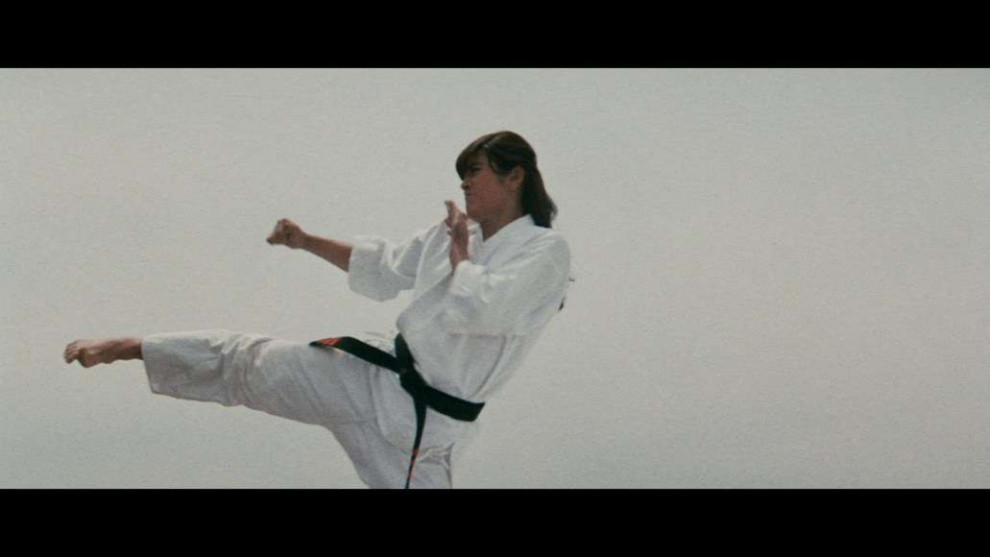
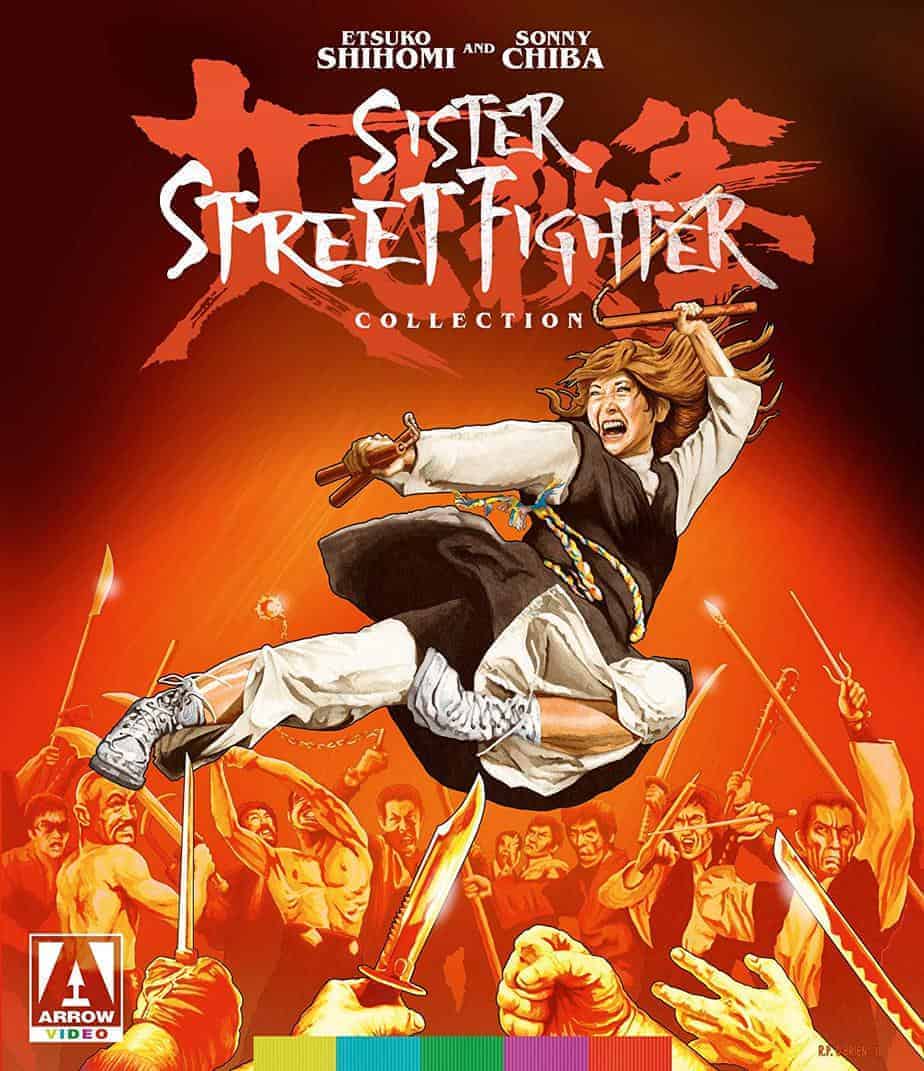
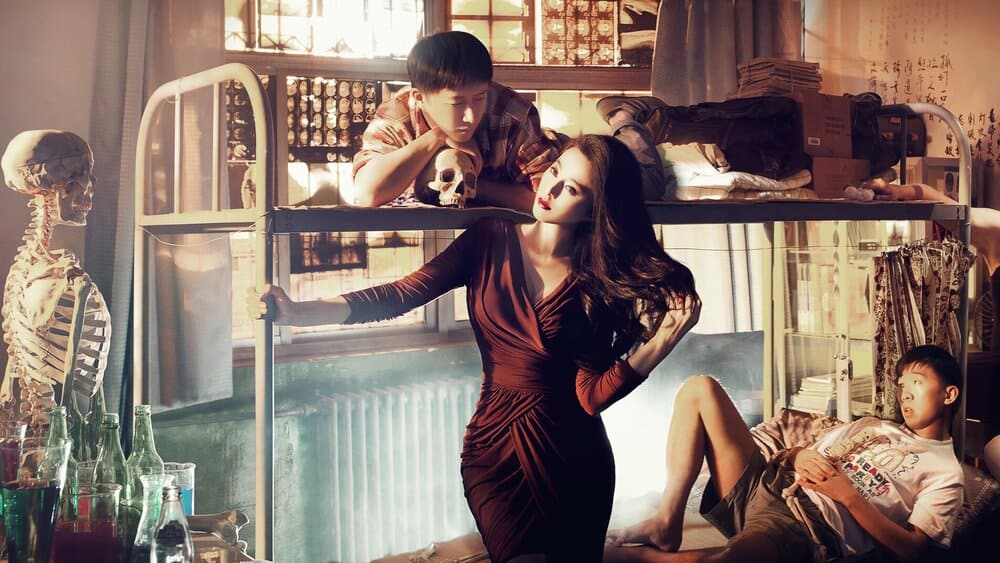
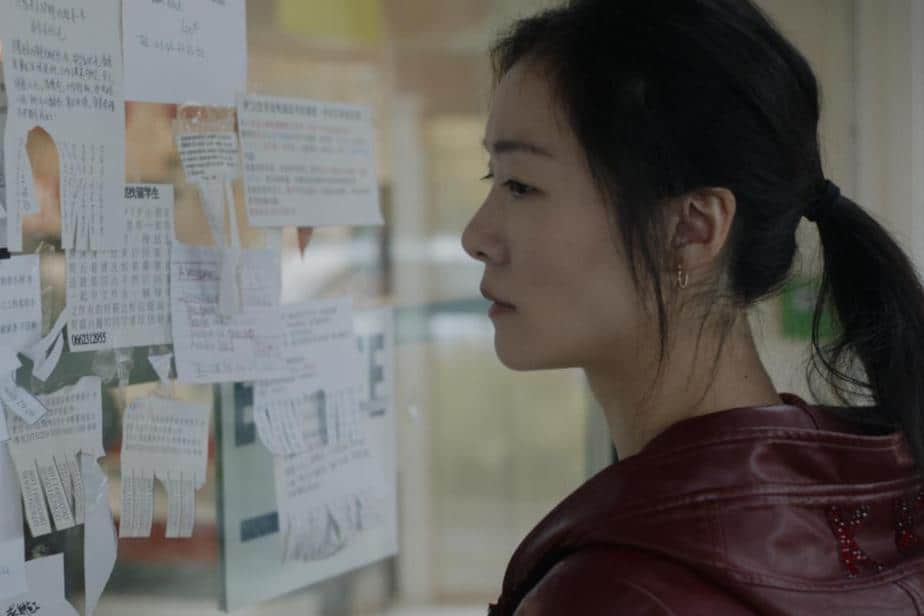
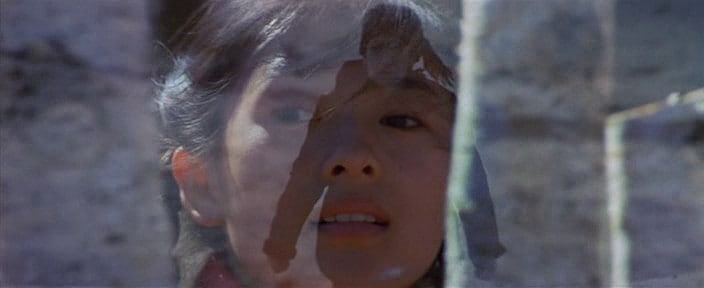
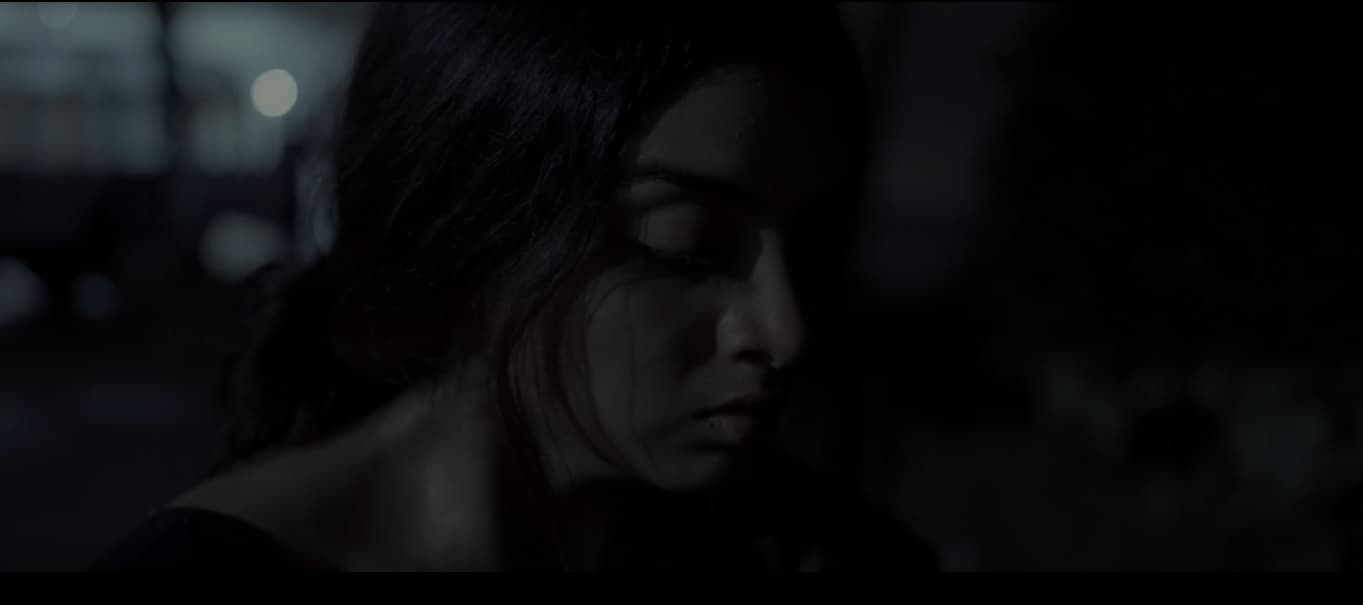









Nice to hear about this—-I’ve seen all the Street Fighter films, and Sister Street Fighter—I actually didn’t know there were more Sister Street Fighters films, so this is cool to find out!